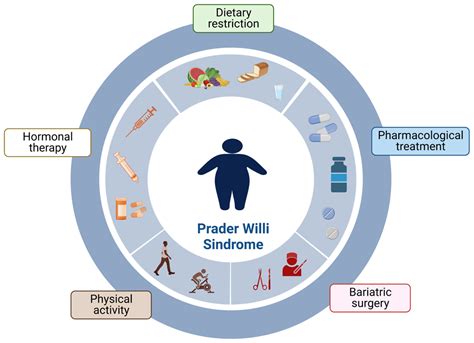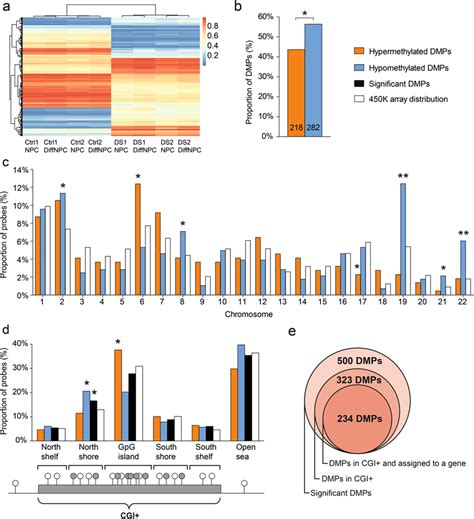ipsc prader willi replication A microdeletion including the SNORD116 gene (SNORD116 MD) has been shown to drive the Prader-Willi syndrome (PWS) features. slech wrote:IP:demo.mt.lv IP:demo2.mt.lv user:demo pass:no password. . This could honestly be a better alternative to webfig. Top. NathanA Forum Veteran Posts: 829 Joined: Tue Aug 03, 2004 7:01 am. Re: phpmikbox - the web-based mikrotik management. Post by NathanA » Wed May 30, 2012 8:31 pm.
0 · prader willi syndrome pdf
1 · ipsc derivative dna methylation
Krišjānis, Elfa, Aivita, Elvita; Kontakti; Reklāma; Kalendārs; Raidījumi
A microdeletion including the SNORD116 gene (SNORD116 MD) has been shown to drive the Prader-Willi syndrome (PWS) features.
Using CRISPR repression and activation screens in human induced pluripotent stem cells (iPSCs), we identified genomic elements that control expression of the PWS gene .
prader willi syndrome pdf
ipsc derivative dna methylation
analysis at the Prader-Willi Syndrome Imprinting Center (PWS-IC, SNRPN)(Methods). A wild type cell line will show ~50% methylation at SNRPN, as the paternal allele is unmethylated and the .This project established a human stem-cell based system to study DNA replication timing in the Prader-Willi locus and characterized the allele-specific replication timing of the locus. Further .We have established isogenic human iPSC and derived neuron models of chromosome 15q11-13 deletions and assessed the molecular and cellular signatures associated with PWS in . Nissim Benvenisty and colleagues use induced pluripotent stem cells (iPSCs) derived from individuals with Prader-Willi syndrome (PWS) to model PWS in vitro.
Prader–Willi syndrome (PWS) is a neurodevelopmental disorder with hypothalamic dysfunction due to deficiency of imprinted genes located on the 15q11-q13 .The recent discovery of induced pluripotent stem cell (iPSC) technology provides an invaluable tool for creating in vitro representations of human genetic conditions. Angelman Syndrome (AS) and Prader-Willi Syndrome (PWS), two distinct neurodevelopmental disorders, result from loss of expression from imprinted genes in the .Prader–Willi syndrome (MIM #176270) (chromosome 15q11 deletion syndrome) Prader–Willi syndrome is a classic example of a chromosomal disorder with prominent mood symptoms .
A microdeletion including the SNORD116 gene (SNORD116 MD) has been shown to drive the Prader-Willi syndrome (PWS) features. Using CRISPR repression and activation screens in human induced pluripotent stem cells (iPSCs), we identified genomic elements that control expression of the PWS gene SNRPN from the paternal and maternal chromosomes.analysis at the Prader-Willi Syndrome Imprinting Center (PWS-IC, SNRPN)(Methods). A wild type cell line will show ~50% methylation at SNRPN, as the paternal allele is unmethylated and the maternal allele is methylated. Previous analysis of patient-derived AS and PWS lines PLOS ONE Isogenic models of Angelman syndrome and Prader-Willi syndrome
This project established a human stem-cell based system to study DNA replication timing in the Prader-Willi locus and characterized the allele-specific replication timing of the locus. Further studies will explore the functional significance of asynchronous replication at the PWS locus.We have established isogenic human iPSC and derived neuron models of chromosome 15q11-13 deletions and assessed the molecular and cellular signatures associated with PWS in derivative neural stem cells and NGN2-induced neurons. Nissim Benvenisty and colleagues use induced pluripotent stem cells (iPSCs) derived from individuals with Prader-Willi syndrome (PWS) to model PWS in vitro.
Prader–Willi syndrome (PWS) is a neurodevelopmental disorder with hypothalamic dysfunction due to deficiency of imprinted genes located on the 15q11-q13 chromosome. Among them, the SNORD116.The recent discovery of induced pluripotent stem cell (iPSC) technology provides an invaluable tool for creating in vitro representations of human genetic conditions. Angelman Syndrome (AS) and Prader-Willi Syndrome (PWS), two distinct neurodevelopmental disorders, result from loss of expression from imprinted genes in the chromosome 15q11-13 locus most commonly caused by a megabase-scale deletion on either the maternal or paternal allele, respectively.Prader–Willi syndrome (MIM #176270) (chromosome 15q11 deletion syndrome) Prader–Willi syndrome is a classic example of a chromosomal disorder with prominent mood symptoms and psychosis.
A microdeletion including the SNORD116 gene (SNORD116 MD) has been shown to drive the Prader-Willi syndrome (PWS) features. Using CRISPR repression and activation screens in human induced pluripotent stem cells (iPSCs), we identified genomic elements that control expression of the PWS gene SNRPN from the paternal and maternal chromosomes.analysis at the Prader-Willi Syndrome Imprinting Center (PWS-IC, SNRPN)(Methods). A wild type cell line will show ~50% methylation at SNRPN, as the paternal allele is unmethylated and the maternal allele is methylated. Previous analysis of patient-derived AS and PWS lines PLOS ONE Isogenic models of Angelman syndrome and Prader-Willi syndromeThis project established a human stem-cell based system to study DNA replication timing in the Prader-Willi locus and characterized the allele-specific replication timing of the locus. Further studies will explore the functional significance of asynchronous replication at the PWS locus.
We have established isogenic human iPSC and derived neuron models of chromosome 15q11-13 deletions and assessed the molecular and cellular signatures associated with PWS in derivative neural stem cells and NGN2-induced neurons. Nissim Benvenisty and colleagues use induced pluripotent stem cells (iPSCs) derived from individuals with Prader-Willi syndrome (PWS) to model PWS in vitro.
Prader–Willi syndrome (PWS) is a neurodevelopmental disorder with hypothalamic dysfunction due to deficiency of imprinted genes located on the 15q11-q13 chromosome. Among them, the SNORD116.
The recent discovery of induced pluripotent stem cell (iPSC) technology provides an invaluable tool for creating in vitro representations of human genetic conditions. Angelman Syndrome (AS) and Prader-Willi Syndrome (PWS), two distinct neurodevelopmental disorders, result from loss of expression from imprinted genes in the chromosome 15q11-13 locus most commonly caused by a megabase-scale deletion on either the maternal or paternal allele, respectively.


See all available apartments for rent at Vintage Desert Rose 55+ Senior Apartments in Las Vegas, NV. Vintage Desert Rose 55+ Senior Apartments has rental units ranging from 537-720 sq ft starting at $681.
ipsc prader willi replication|ipsc derivative dna methylation


























